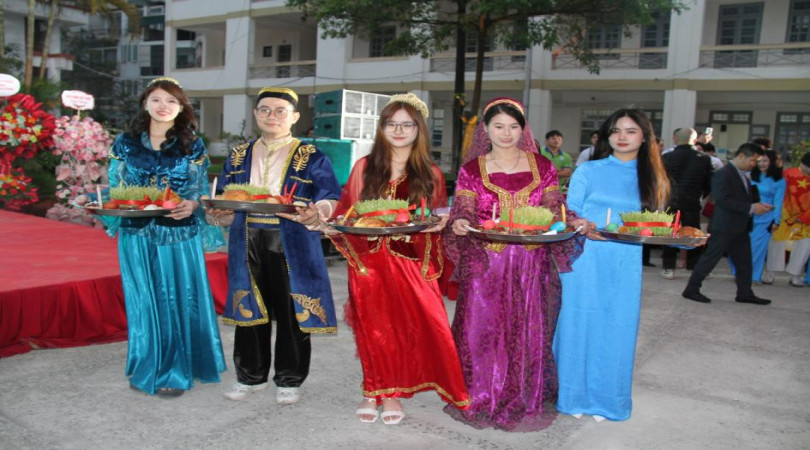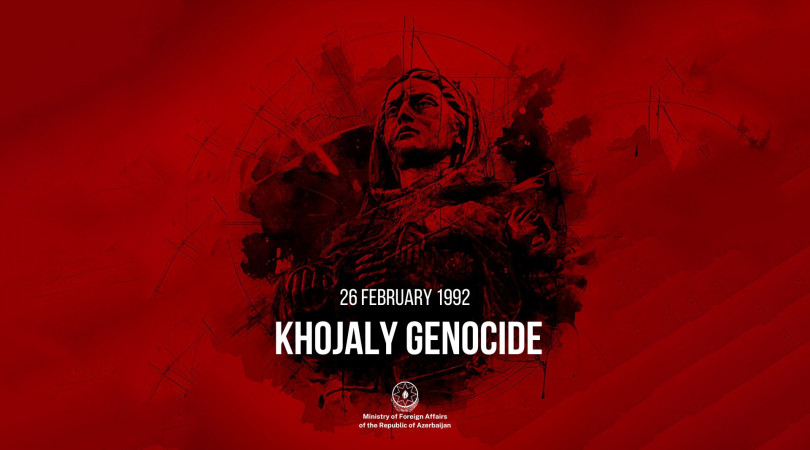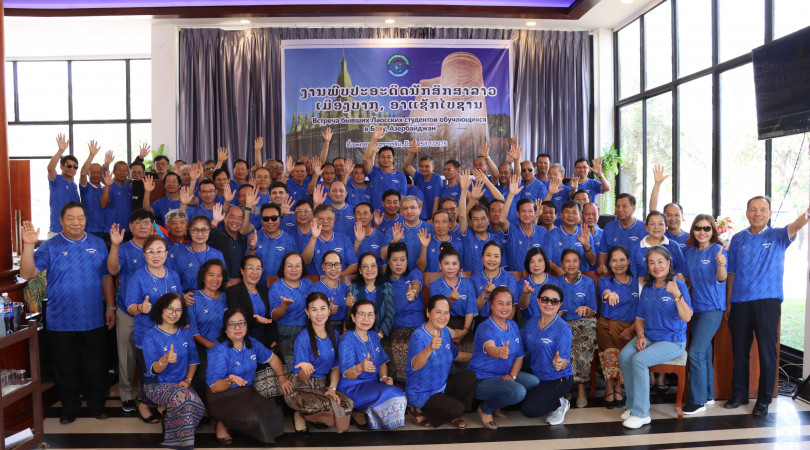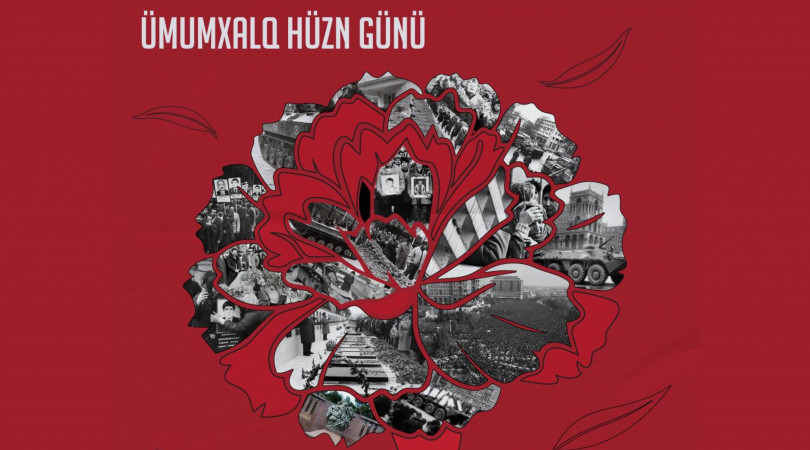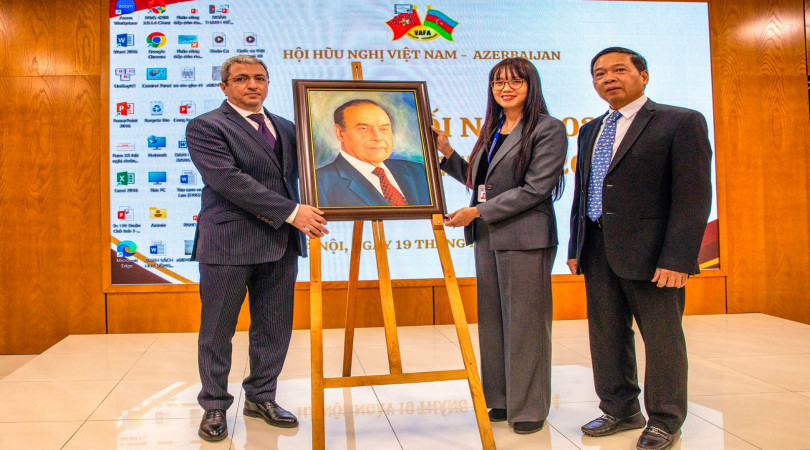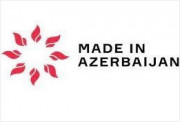Landmine contamination problem in Azerbaijan
The Republic of Azerbaijan faces a significant challenge due to landmine and explosive remnants of war (ERW) contamination as a result of nearly three decades of military occupation by Armenia.
Azerbaijan is among the most heavily mine-contaminated countries globally. The latest survey indicates that total contaminated area in the liberated territories of Azerbaijan stands at approximately 11,667 square kilometres. This area constitutes more than 13% of the nation's total territory of 86,600 square kilometres. Estimated 1.5 million landmines and unknown number of ERW contamination in these territories pose severe risks to civilians and hinder socio-economic development.
From the end of war in 2020 until the end of 2024, 229 landmine explosion incidents occurred, resulting in 382 victims, including children and women, underscoring the urgent need for mine clearance and victim assistance. Over the last 30 years, the cumulative toll of landmine victims in Azerbaijan has exceeded 3,400.
The end of war in 2020 marked the beginning of an extensive humanitarian demining in Azerbaijan to restore safety in the liberated territories, facilitating the reconstruction of these areas and the safe return of former internally displaced persons (IDPs). Foreign assistance has accounted for only 6% of the resources dedicated to demining. This is notably low, both in light of the gravity of demining challenges Azerbaijan confronts and when compared to the level of contributions typically made by the international donor community to similar issues elsewhere.
Armenia’s refusal to present accurate maps of landmines it planted in the Azerbaijani territory complicates the demining efforts and obstructs return of former 800,000 IDPs to their homes.
Given the immense adverse humanitarian impact, and the fact that lingering landmine contamination represents a challenge to efforts to achieve peace and reconciliation, Azerbaijan counts on adequate political and practical support by the international community to its demining efforts as a matter of human solidarity.
In this regard, we kindly call on our partners to issue statements expressing human solidarity with Azerbaijan in addressing this grave problem, condemning Armenia’s widespread and indiscriminate emplacement of landmines as part of its illegal use of force against the territorial integrity of Azerbaijan, and to urge Armenia to present accurate maps of landmines it planted in Azerbaijan.
We would appreciate practical assistance for demining efforts of Azerbaijan. Given Azerbaijan's relatively developed institutional capacity and training frameworks, the most critical form of assistance needed at this juncture is direct financial donations to amplify the scope of operations. Other priorities include mine victim assistance (as well as providing prostheses); technical surveys and feasibility studies; data management and technological advancements; implementing geo-spatial methodologies and technology layering to refine clearance needs; support for female demining teams; mechanical demining enhancement; mine detection dogs (MDD) training; demarcation and fencing; and explosive ordnance risk education (EORE).

